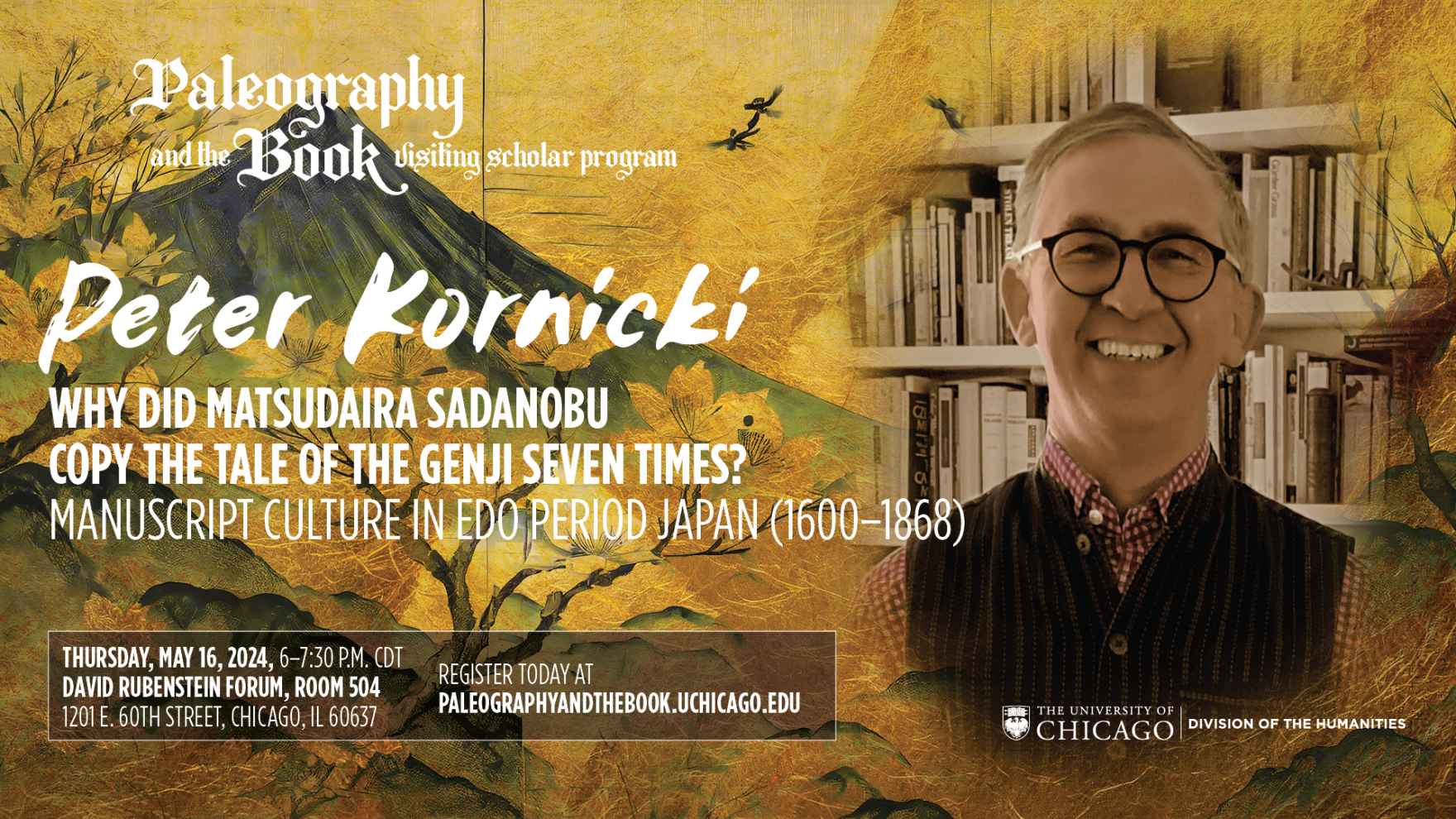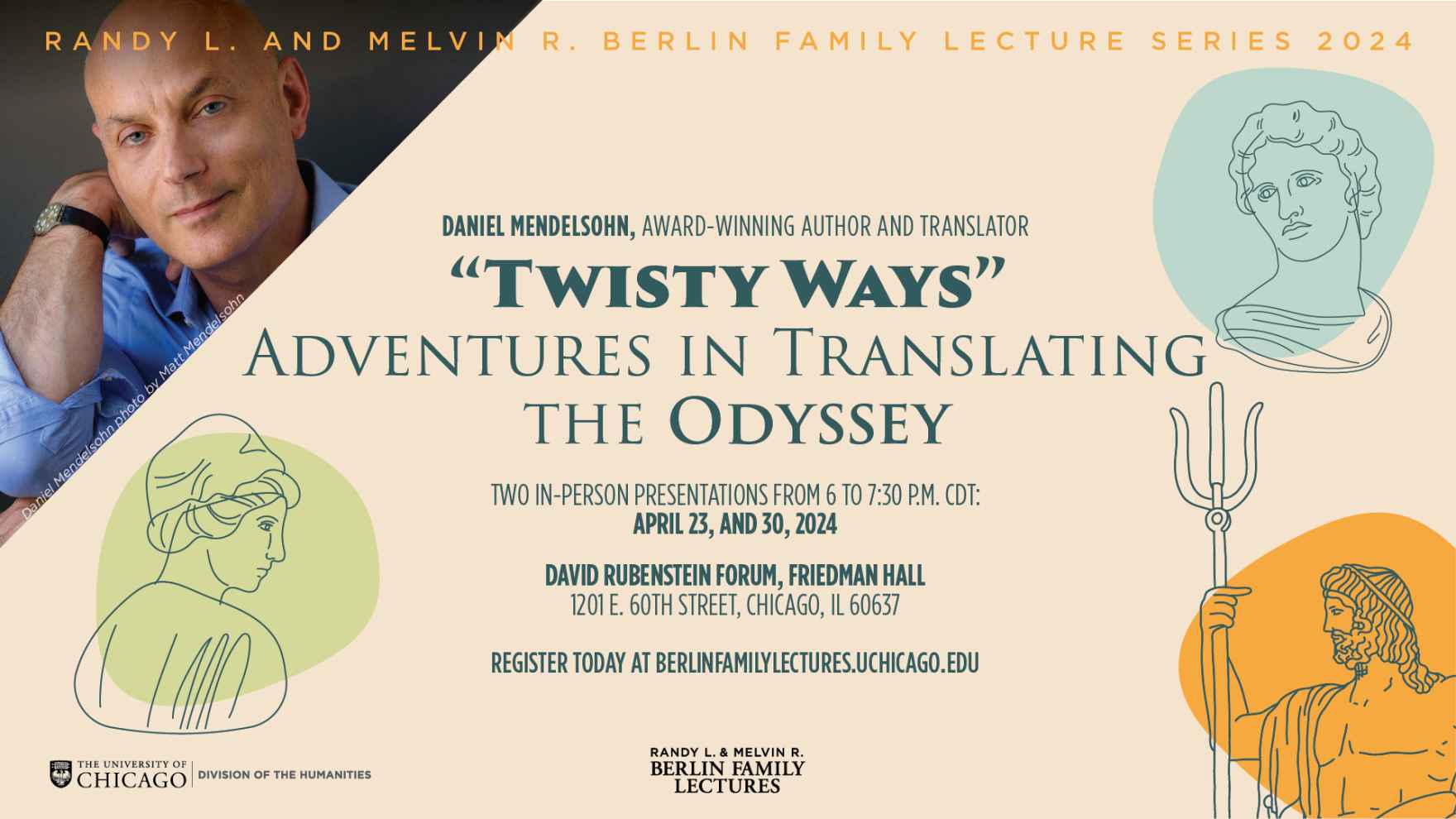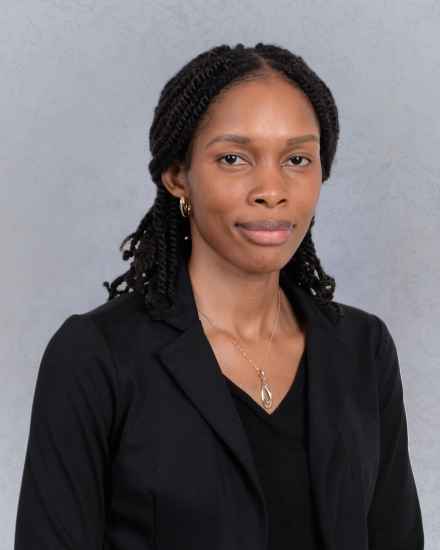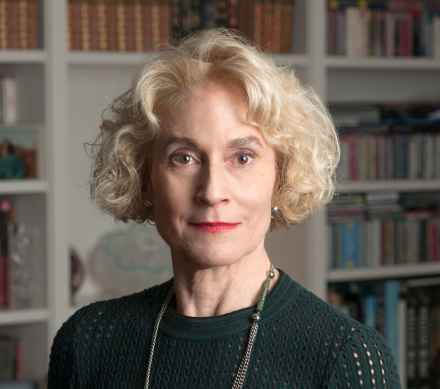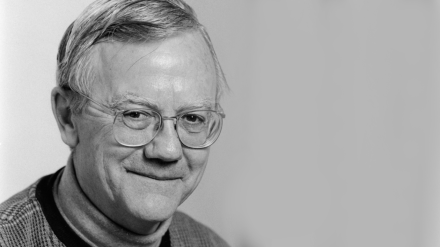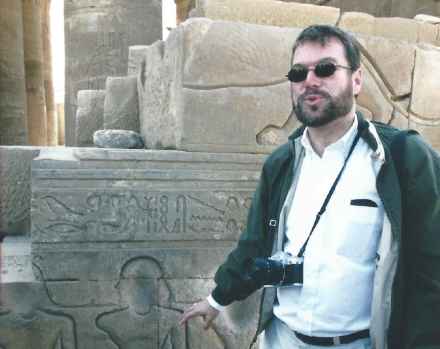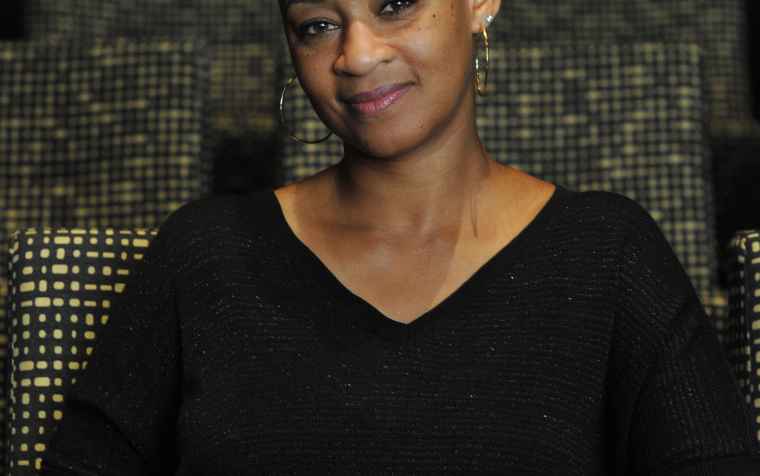UChicago Scholar Receives ACLS Emerging Voices Fellowship
For UChicago Humanities Teaching Fellow Michele Kenfack, the apocalypse means new beginnings, not destruction. Her scholarship delves into an apocalyptic pattern of renewal that she discovered among prominent Francophone novelists from Africa and the Caribbean.
As result of her work, Kenfack (PhD’20) recently received the American Council of Learned Societies Emerging Voices Fellowship for 2021. She is one of 48 fellows and will pursue her postdoctoral work in comparative literature at Harvard University.
“Through a stunningly wide-ranging, interdisciplinary probing of apocalyptical fictions in the late 20th-century Francophone Sub-Saharan African and Caribbean literature, Michele Kenfack’s dissertation makes a groundbreaking contribution to the study of colonial and post-colonial traumas,” Larry Norman said.
In New Book, Prof. Martha Nussbaum Examines the Path Forward After #MeToo
As Prof. Martha C. Nussbaum watched the #MeToo movement emerge in a swirl of impassioned testimony several years ago, she was struck not only by the swell of attention being paid to stories of sexual violence and harassment but by the continued dearth of institutional accountability and the onset of “callout culture,” the increasingly common ritual of publicly shaming the accused.
The #MeToo revolution was important and long overdue, she would later write, but it wasn’t yet producing full justice. Nussbaum, the University of Chicago’s Ernst Freund Distinguished Service Professor of Law and Ethics, was particularly dismayed by the ways in which three areas of employment—the federal judiciary, performing arts, and college sports—created “sweet spots” for abuse by elevating and protecting powerful men.
What the movement needed, she concluded, was a clearer and deeper understanding of the forces at play: the pride and greed that lead men to objectify women (and sometimes other men), the ways in which criminal and civil laws have evolved (and could continue evolve) to better address sexual assault and sexual harassment, and the dangers of allowing vengeful desires to impede true justice and reconciliation.
Michael Murrin, Leading Scholar of Allegory and 'Dracologist,' 1938-2021
Michael Murrin, a leading scholar of the genres of epic, romance and fantasy in the Western literary tradition, died July 27. He was 83.
The Raymond W. and Martha Hilpert Gruner Distinguished Service Professor Emeritus in the Humanities, Murrin was a treasured member of the University of Chicago faculty for 50 years.
A specialist in the history of criticism and allegorical interpretation, Murrin traced the tessellations of reality and fantasy in medieval, Renaissance and early modern European literature. Throughout his career, he read original works in more than half a dozen languages—including Italian, Persian and Old Norse.
Robert K. Ritner Jr., eminent Egyptologist and beloved teacher, 1953–2021
Prof. Robert K. Ritner Jr., a world-renowned Egyptologist and beloved teacher who spent decades at the University of Chicago, died July 25 after a yearslong battle with kidney disease and leukemia. He was 68 years old.
Remembered by colleagues for his devotion to Egyptology in his professional and personal life, Ritner wrote The Mechanics of Ancient Egyptian Magical Practice, one of the most influential volumes in the study of ancient Egyptian religion, magic and culture. First published by the Oriental Institute in 1993, the book launched a renaissance in the field and remains an OI bestseller even now in its fourth printing.
“Ritner’s use of original source materials added unique perspective to his groundbreaking work,” said OI research associate Foy Scalf. “He studied the original language from different periods and desired to have the Egyptians speak for themselves to gain an unfiltered view of ancient Egypt in his work.”

